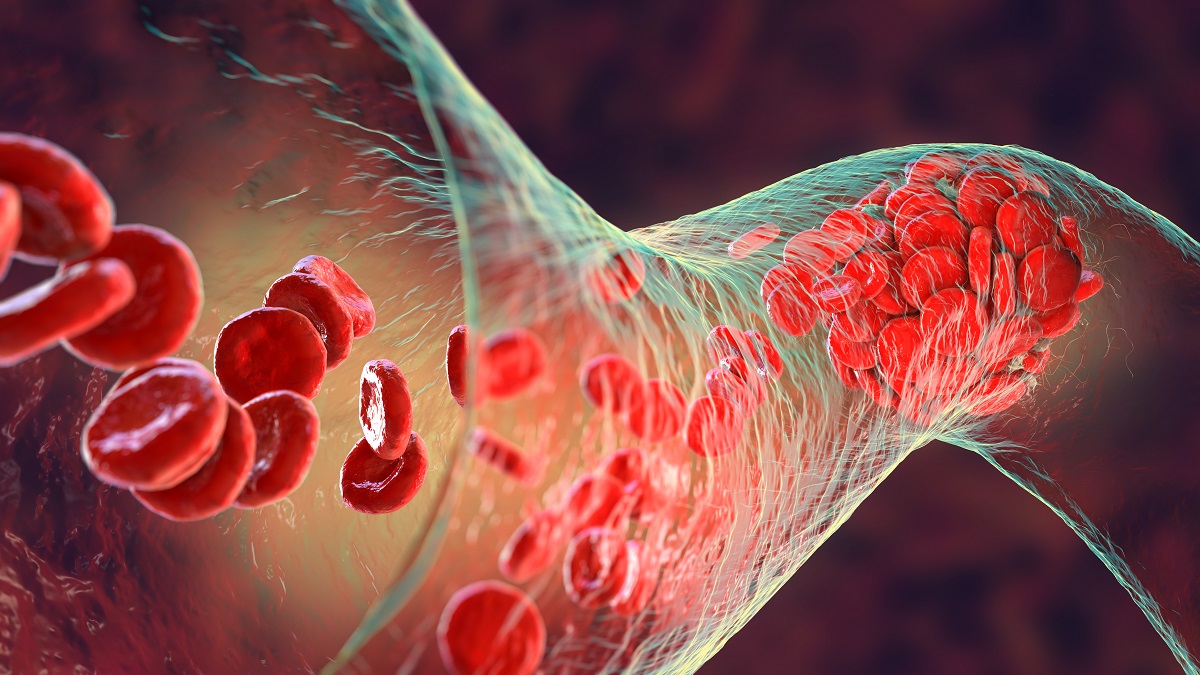KEY TAKEAWAYS
- The Phase 2 trial aimed to investigate the efficacy and safety of camrelizumab plus apatinib after chemoradiotherapy in stage III NSCLC
- The primary endpoint was to determine PFS.
- Researchers noticed the promising preliminary activity of camrelizumab plus apatinib as consolidation therapy in unresectable stage III NSCLC pts.
The PACIFIC trial established consolidation therapy with durvalumab as the standard for unresectable stage III non-small-cell lung cancer (NSCLC) post, without progression after chemoradiotherapy (CRT). However, further studies are needed to explore optimal therapeutic strategies.
Hui Zhouguang and his team aimed to assess the preliminary results from a phase 2 study of camrelizumab (an anti-PD-1 antibody) plus apatinib (an anti-angiogenic inhibitor targeting VEGFR2) as consolidation therapy in this setting.
They performed an inclusive analysis through a multi-center, single-arm, phase 2 design at seven sites in China. Adult patients (pts) with pathologically confirmed unresectable stage III NSCLC, an ECOG PS of 0 or 1, and no disease progression following platinum-based concurrent or sequential CRT were enrolled. Participants received camrelizumab (200 mg, i.v., q3w) and apatinib (250 mg, orally, qd) until disease progression, unacceptable toxicity, or for up to 12 months. The primary endpoint assessed was progression-free survival (PFS).
About 42 pts were enrolled between March 17, 2021, and July 17, 2023. The median age was 61 years (range 26-78), with 39 pts (92.9%) being male and 31 (73.8%) having squamous NSCLC. According to RECIST 1.1, 3 (7.1%) of the 42 pts achieved a complete response, and 8 (19.0%) had a partial response, resulting in a confirmed objective response rate of 26.2% (95% CI 13.9-42.0). Stable disease was observed in 23 pts (54.8%), yielding a disease control rate of 81.0% (95% CI 65.9-91.4).
As of August 28, 2023, the median follow-up was 11.4 months (95% CI 5.8-15.6). The median PFS was not reached (NR; 95% CI 11.4-NR), with 6- and 12-month PFS rates of 88.8% (95% CI 72.8-95.7) and 68.6% (95% CI 47.4-82.7), respectively. The median overall survival (OS) was immature, with 6 deaths at data cutoff.
Treatment-related adverse events (TRAEs) of grade 3-4 occurred in 18 pts (42.8%). The most common were hypertension (21.4%), AST increased (7.1%), and hand-foot syndrome (4.8%). No grade 5 TRAEs occurred.
The study concluded that camrelizumab plus apatinib, employed as consolidation therapy, exhibits promising preliminary activity in pts with unresectable stage III NSCLC who show no disease progression after CRT. Importantly, no new safety signals were identified.
The study is sponsored by Chinese Academy of Medical Sciences
Source: https://cslide.ctimeetingtech.com/immuno23hybrid/attendee/confcal/show/session/34
Clinical Trial: https://clinicaltrials.gov/study/NCT04749394
Zhouguang H et al. (2023). “Camrelizumab plus apatinib after chemoradiotherapy in unresectable stage III non-small-cell lung cancer?A multi-center, single-arm, phase 2 study.” Presented at ESMO IO 2023 (Abstract 72P).



